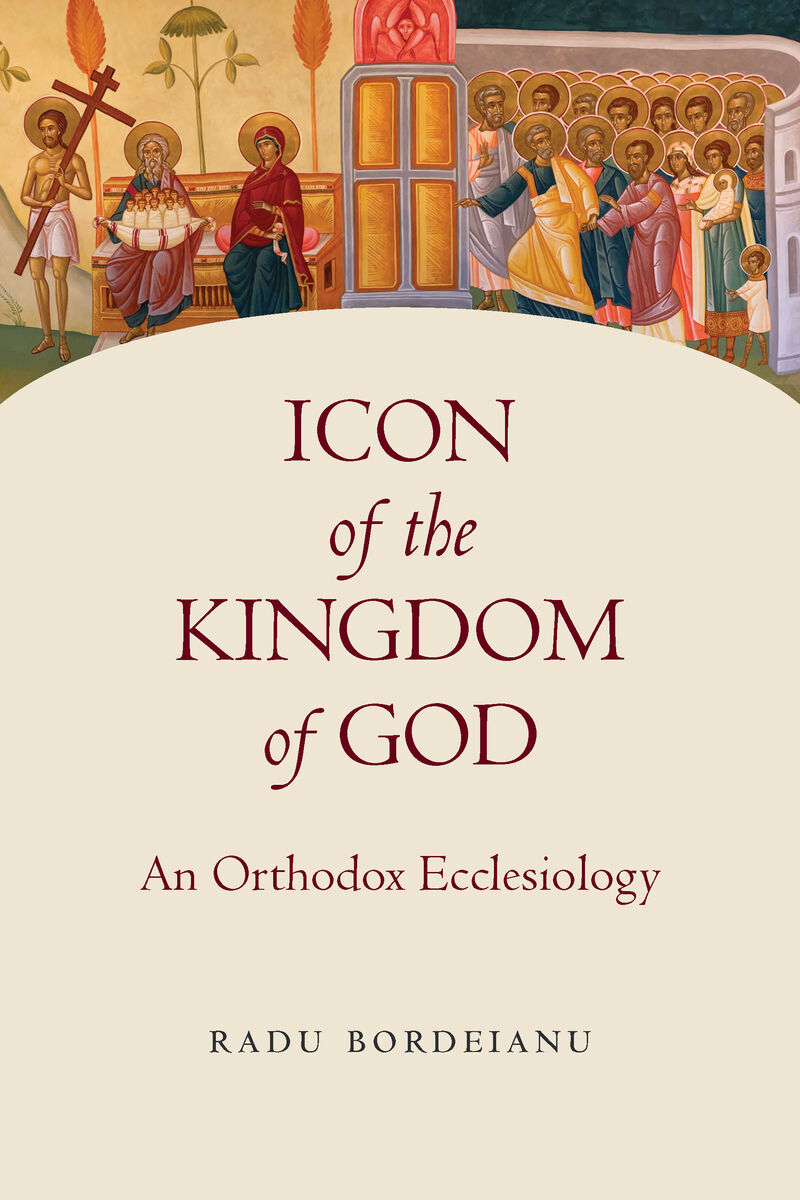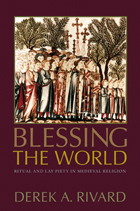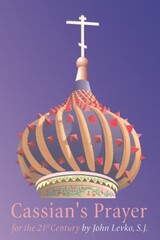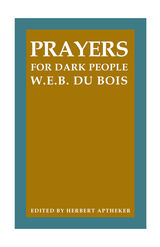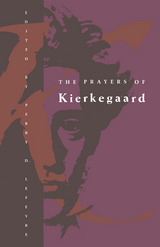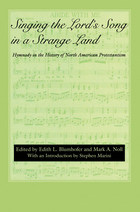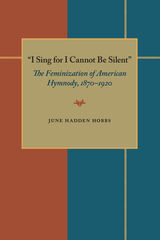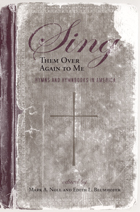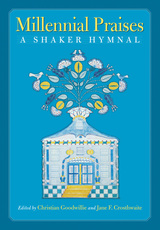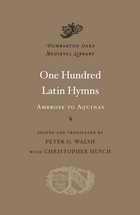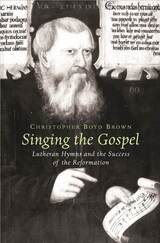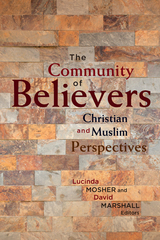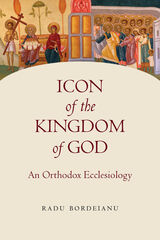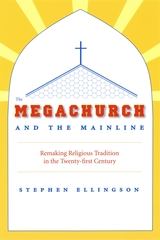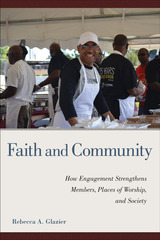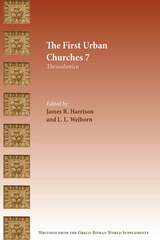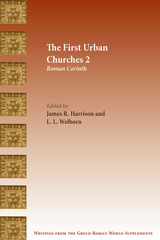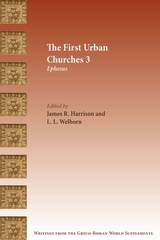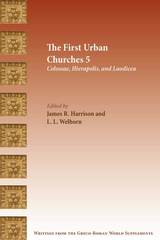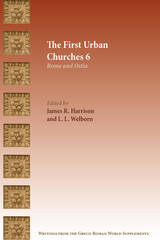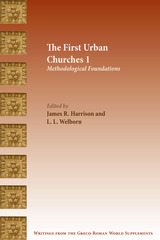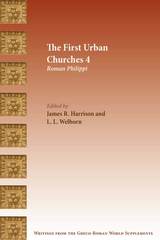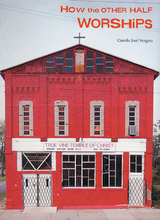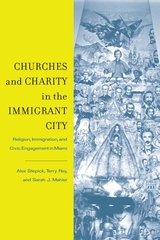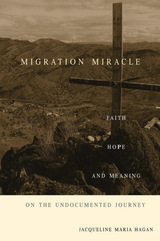Icon of the Kingdom of God: An Orthodox Ecclesiology
Catholic University of America Press, 2023
eISBN: 978-0-8132-3690-2 | Paper: 978-0-8132-3689-6
Library of Congress Classification BV600.3.B66 2023
Dewey Decimal Classification 230.209
eISBN: 978-0-8132-3690-2 | Paper: 978-0-8132-3689-6
Library of Congress Classification BV600.3.B66 2023
Dewey Decimal Classification 230.209
ABOUT THIS BOOK | AUTHOR BIOGRAPHY | TOC
ABOUT THIS BOOK
What is the Church? Some would answer this question by studying the Scriptures, the history of the Church, and contemporary theologians, thus addressing the theological nature of the Church. Others would answer based on statistics, interviews, and personal observation, thus focusing on the experience of the Church. These theological and experiential perspectives are in tension, or at times even opposed. Whereas the first might speak about the local church as the diocese gathered in the Liturgy presided over by its bishop, the latter would describe the local church as the parish community celebrating the Liturgy together with the parish priest, never experiencing a sole liturgy that gathers an entire diocese around its bishop. Whereas a theologian might abstractly describe the Church as a reflection of the Trinity, a regular church-member might concretely experience the Church as a community that manifests the Kingdom of God in its outreach ministries. Radu Bordeianu attempts to bring these two perspectives together, starting from the concrete experience of the Church, engaging this experience with the theological tradition of the Church, extracting ecclesiological principles from this combined approach, and then highlighting concrete situations that reflect those standards or proposing correctives, when necessary.
Without pretending to be a complete Orthodox ecclesiology, Icon of the Kingdom of God addresses the most important topics related to the Church. It progresses according to one’s experience of the Church from baptism, to the family, parish, Liturgy, and priesthood, followed by analyses of synodality and nationality. Arguing that the Church is an icon of the Kingdom of God, this volume brings together the past theological heritage and the present experience of the Church while having three methodological characteristics: experiential, Kingdom-centered, and ecumenical.
Without pretending to be a complete Orthodox ecclesiology, Icon of the Kingdom of God addresses the most important topics related to the Church. It progresses according to one’s experience of the Church from baptism, to the family, parish, Liturgy, and priesthood, followed by analyses of synodality and nationality. Arguing that the Church is an icon of the Kingdom of God, this volume brings together the past theological heritage and the present experience of the Church while having three methodological characteristics: experiential, Kingdom-centered, and ecumenical.
See other books on: Church | Icon | Liturgy | Orthodox | Orthodox Eastern Church
See other titles from Catholic University of America Press
